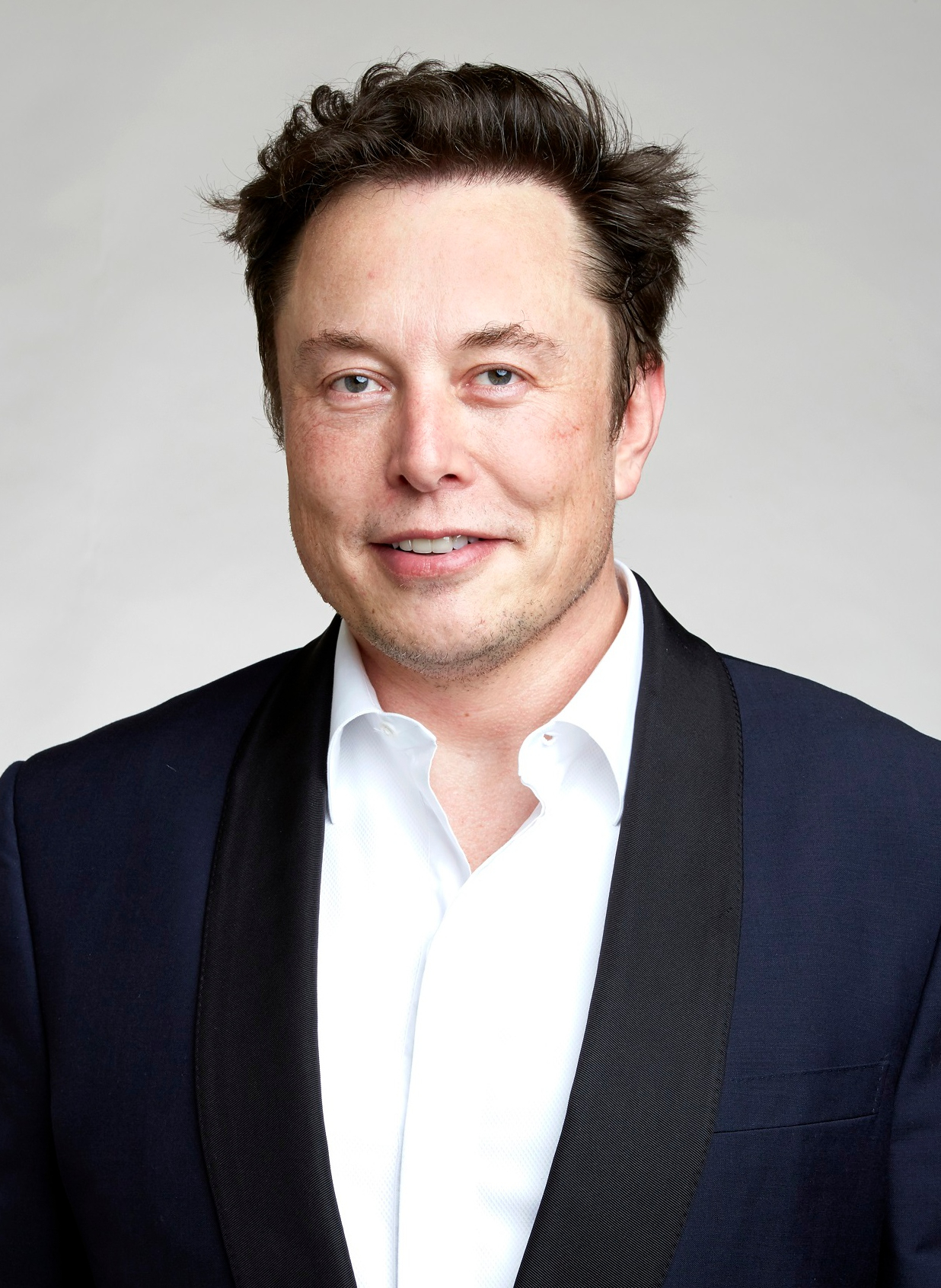Trudeau and Ford Respond to Trump’s Controversial Proposal to Annex Canada
Published on: [Insert Date Here] | Author: [Insert Author Here]
OTTAWA – In a recent news conference at Mar-a-Lago, President-elect Donald Trump raised eyebrows with a provocative suggestion: using “economic force” to annex Canada as the 51st U.S. state. This bold assertion drew immediate backlash from outgoing Canadian Prime Minister Justin Trudeau, who swiftly took to social media to assert that there was “not a snowball’s chance in hell” of Canada joining the United States. Trudeau announced his intention to step down as Prime Minister once his Liberal Party selects a successor, potentially leaving Canada without its primary voice against Trump’s audacious proposal. However, another strong opposition is emerging from Ontario Premier Doug Ford, the leader of Canada’s most populous province. Ford, who shares a business background and conservative ideology with Trump, deemed the idea of annexation “crazy” and “ridiculous” during an interview with Fox News Digital.
During a Monday press conference at Toronto’s Queen’s Park, Premier Ford attempted to lighten the mood surrounding Trump’s annexation proposal by jokingly suggesting, “How about if we buy Alaska and throw in Minnesota?” While his quip elicited laughter, Ford acknowledged that some Canadians would have preferred a focus on “somewhere warmer, like Florida or California,” playfully adding, “California never votes for him anyway.”
Reassuring the public, Ford firmly stated, “Over my watch, this will never, ever happen,” affirming his commitment to preserving Canada’s sovereignty.
The Controversial Proposal
Trudeau’s Resignation and Leadership Transition
Doug Ford’s Humor and Determination
Concerns Over Tariffs
In addition to the controversial annexation talk, Ford is also contending with Trump’s proposed 25% tariff on Canadian exports set to take effect on Trump’s first day in office, January 20. Ford criticized the tariffs as detrimental to millions of workers on both sides of the border.
“Every day, nine million Americans produce goods for Ontario,” he explained, urging that the focus should be on tackling the real trade challenge posed by China’s manufacturing strategies, which utilize Mexico as a middleman.
While Ford has hinted at possible retaliatory actions if tariffs are imposed, he emphasized that such measures would be counterproductive. “Retaliation isn’t good for either country,” he asserted, underscoring the need for diplomacy over conflict.
Ford’s Campaign for Collaboration
In light of the looming trade difficulties, Ford is advocating for strengthened cooperation with U.S. leaders. He expressed a desire for a one-on-one meeting with Trump and is keen on engaging influential figures such as SpaceX CEO Elon Musk, whom Trump has enlisted to co-lead the proposed “Department of Government Efficiency.”
Emphasizing Ontario’s significance in the U.S. economy, Ford noted that Ontario stands as America’s third-largest trading partner, contributing approximately 4 billion in bilateral trade as of 2023. “Ontario and the U.S. need each other,” he stated, particularly regarding critical resources like electricity and metals.
Addressing the potential impact of tariffs, Ford warned that they would inflate costs for American consumers significantly. “A Texas resident buying a GM truck made in Oshawa might pay ,000 instead of ,000-,000,” he pointed out. “It just doesn’t make sense whatsoever.”
Preparing for Leadership Changes
As Canada braces for potential economic disruption following Trudeau’s resignation announcement, the outgoing Prime Minister is still expected to lead during this transitional phase. Ford and other provincial leaders, including the premiers of Canada’s remaining territories, plan to convene in Ottawa next week to strategize against Trump’s anticipated tariffs.
Despite Trudeau’s departure looming, Ford emphasized that the outgoing Prime Minister “is not off the hook.” As chair of the Council of the Federation, a collective of Canada’s premiers, Ford is committed to ensuring that the country is well-prepared to tackle any adverse U.S. trade policies.
The Council recently released a statement underscoring the importance of the U.S.-Canada economic relationship, revealing that goods and services valued at C.5 billion (US.4 billion) cross the border daily. Remarkably, the U.S. exports more to Canada than it does to major economic partners like China, Japan, and Germany combined.
Addressing Border Security Issues
In response to Trump’s border security concerns, Ford’s administration launched “Operation Deterrence,” aimed at curbing illegal crossings and the smuggling of drugs and firearms, with estimates suggesting that 90% of such contraband enters Ontario from the U.S. Ford revealed that his government takes these issues seriously and is committed to maintaining the integrity of Canada’s borders.
This HTML document provides a structured, journalism-style article including headings and sections for better readability while detailing the events surrounding Trump’s annexation proposal and Canadian leaders’ responses.
